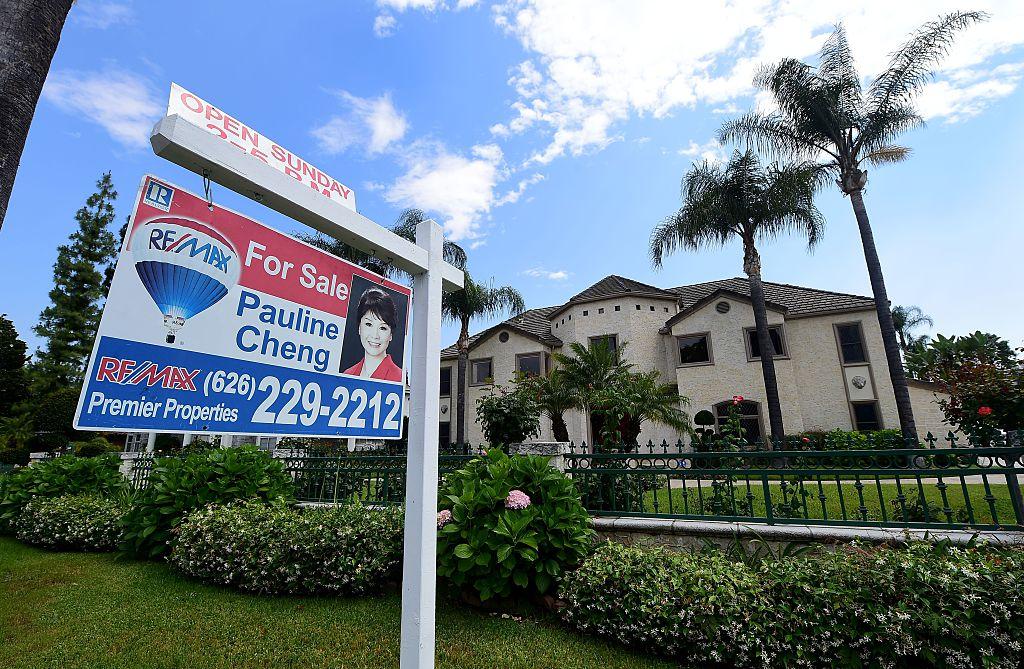California voters will decide in November whether a proposed property tax increase will become part of the state Constitution.
ACA 11 (Assembly Constitutional Amendment 11) would generate billions of dollars of revenue for the state, provide needed protections for homeowners, and increase affordable housing, proponents say—but critics of the proposal warn it prevents parents from passing hard-earned wealth on to their children and is yet another unwanted tax increase.





